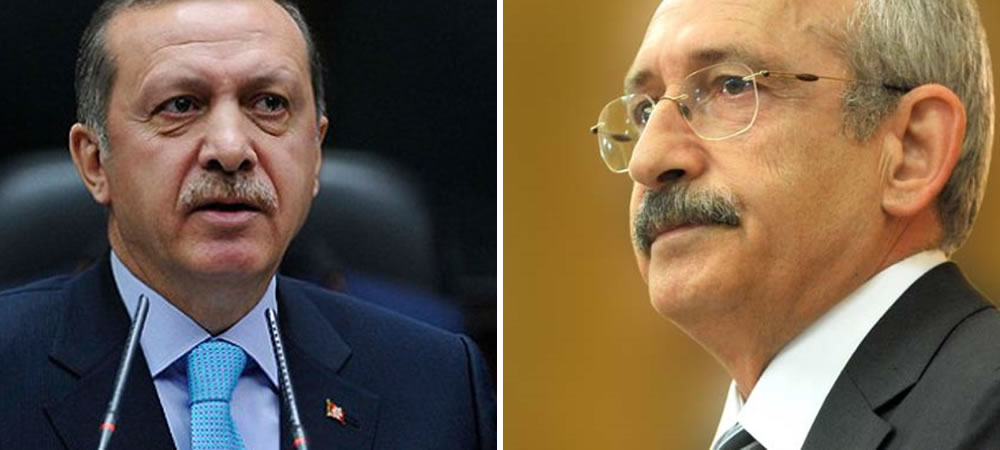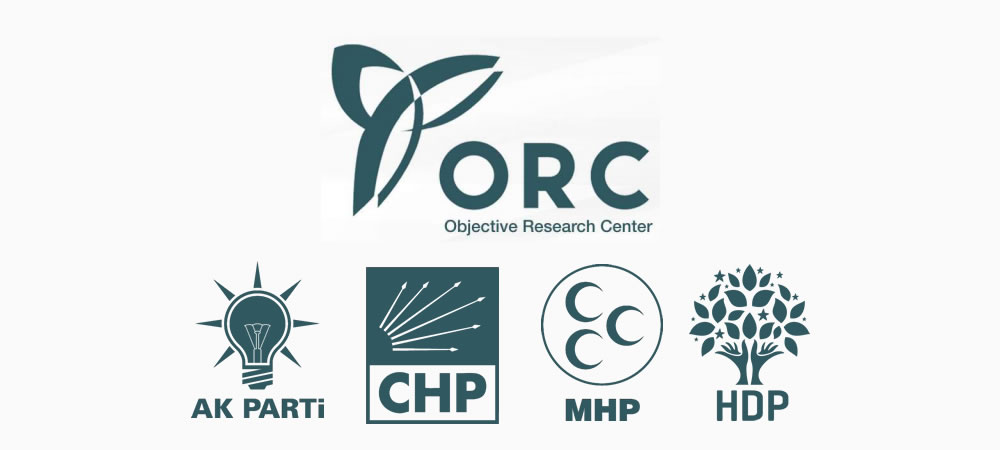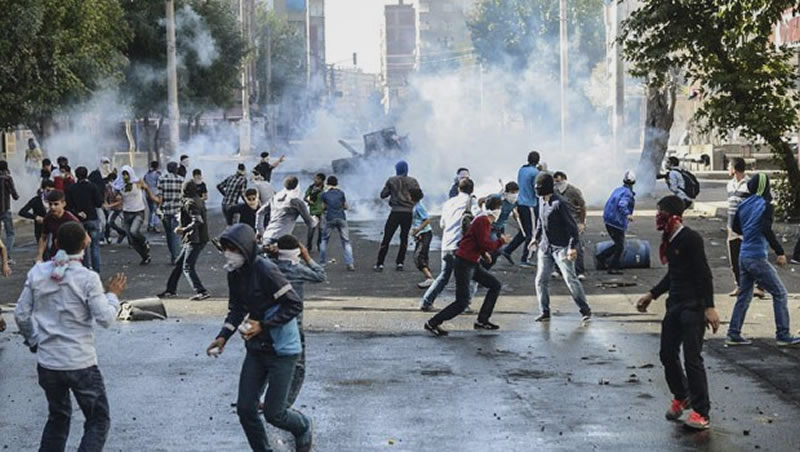Both of Turkey’s main two political parties haveannounced leadership contests – but with markedly different styles
On the other, you have Kemal Kılıçdaroğlu, leader of the main opposition party, who said he was “pleased” there were rivals to his leadership and announced a party congress to settle the question.
In Turkey’s two largest political parties, the question of who will be leader is being settled in radically different ways.
AK BY DIKTAT
The Davutoğlu cabinet could contain the largest number of unelected ministers in Turkish history
Regardless of what Mr Erdoğan might tell you, his approach is neither democratic nor fair. He is widely believed to have settled on Ahmet Davutoğlu, the foreign minister, making his consultation little more than a symbolic exercise.
There will be no rival to Mr Davutoğlu, if indeed it is he. There will be no candidate from the floor when he is elected on 27 August either. But we don’t have to wait that long; the AK Party’s main steering committee meets to decide a week from today.
UNELECTED MINISTERS
There are myriad rumours too about the first Davutoğlu cabinet – on which, as president, Mr Erdoğan will have the final say – and in particular the heavyweight ministers who will be coaxed towards retirement.
To replace them, senior party figures who are not yet MPs – read Numan Kurtulmuş and Süleyman Soylu, both transferred from rival centre-right parties – will enter the cabinet in senior roles. The Davutoğlu cabinet could contain the largest number of unelected ministers in Turkish history – all following Mr Erdoğan’s orders.
Such is the state of democracy in Turkey’s main centre-right party.
CHP BY VOTE
The main opposition Republican People’s Party (CHP) is facing a leadership question of a different kind.
The party’s nationalist wing has been in open rebellion since Sunday’s presidential election, when the consensus candidate backed by the CHP failed to prevent Mr Erdoğan’s victory in the first round.
It was a foolish idea for party leader Kemal Kılıçdaroğlu to nominate a joint contestant so early, they argue. Better would have been to run partisan candidates in the first round and come to an anti-Erdoğan consensus if there is a run-off.
It is very rare for a Turkish political leader to voluntarily submit to a leadership ballot
This afternoon, a leadership contender for the rebels emerged in form of hawkish Muharrem İnce, the leader of CHP’s parliamentary group. At a press conference on Thursday, Mr İnce called for a meeting of the CHP’s party congress to vote on the leadership question. He even nominated himself as a candidate.
CHALLENGE ACCEPTED
They were remarkable comments coming from as senior a party figure as Mr İnce.
But to the surprise of many observers, Mr Kılıçdaroğlu agreed.
Surprising, because he didn’t have to do it. Party rules dictate that 586 senior members need to sign a petition to force a leadership ballot and Mr İnce’s faction was never likely to collect that many.
It is conventional in European democracies for parties with loud, troublesome, small factions to agree to demands for a leadership election. It can strengthen a leader, helping them to reassert authority over a divided party.
That must surely be Mr Kılıçdaroğlu’s calculation ahead of next year’s general election: he looked calm, almost cheerful when he announced the contest on Thursday night. Nonetheless, it is very rare for a Turkish political leader to voluntarily submit to a leadership ballot.
Can you imagine the autocratic Recep Tayyip Erdoğan doing the same?









